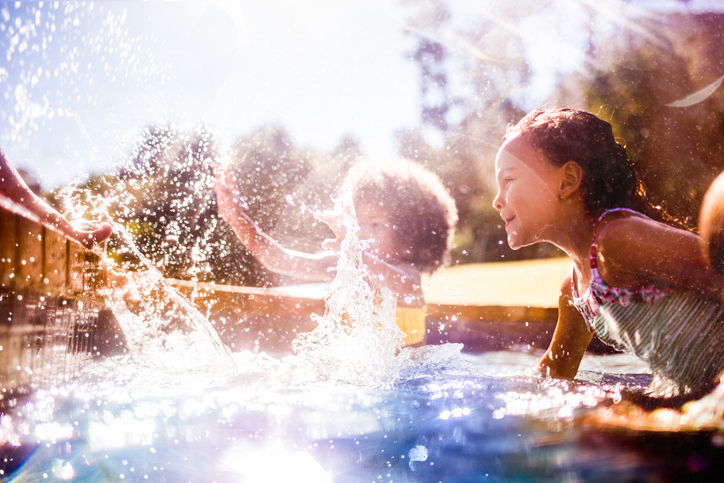A few small steps could help you save water, which may also lower your bill.
Looking to up your "water-saving" game even further?
Take advantage of the many conservation programs and promotions offered by Liberty. Click below to learn more.
We are constantly looking for ways to ensure water is available for future generations. Part of that commitment includes helping our customers understand what they can do to help. We do that in a variety of ways: in customer bills, in our newsletters, and here on our website.
To use less water, it’s helpful to know how much you’re using and where. Liberty is a member of the Alliance for Water Efficiency.
Check out their online water calculator that allows you to input water use information specific to your household and offers tips on where you can save water and energy based on that data.
With some small changes, you can be a part of this commitment while at the same time, help lower the cost of your water bill.

A few small steps could help you save water, which may also lower your bill.
Take advantage of the many conservation programs and promotions offered by Liberty. Click below to learn more.
.jpg)
